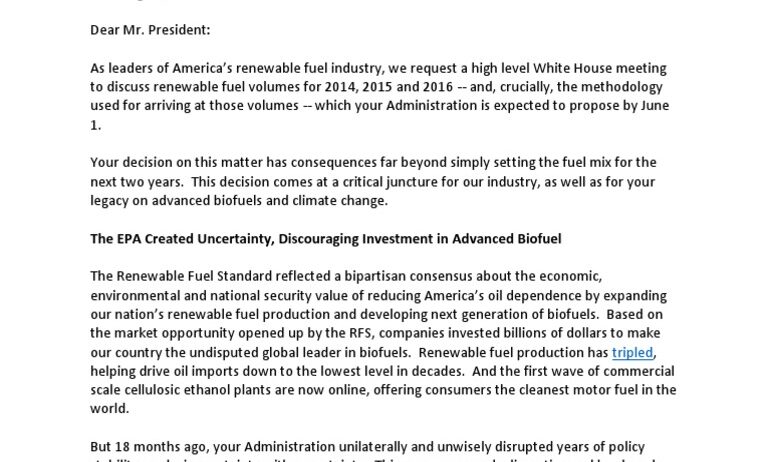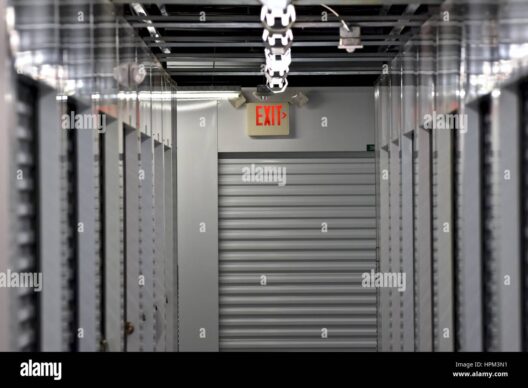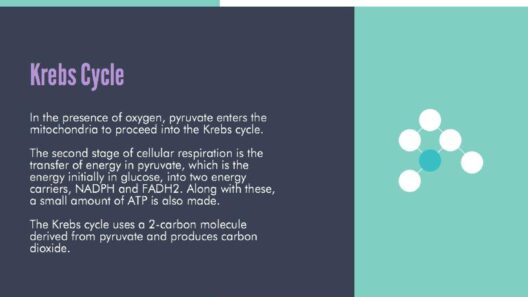Dear Mr. President,
As a concerned global citizen and environmental activist, I am writing to you to address one of the most pressing challenges of our time—global warming. The realities of climate change are stark and undeniable. Rising temperatures, extreme weather patterns, and the consequent ecological disruption pose significant threats not only to our environment but also to our economy and public health. It is imperative that we collectively acknowledge the gravity of this situation and take immediate and decisive action.
The scientific consensus on climate change is robust, with numerous studies indicating that human activities, particularly the burning of fossil fuels, are the primary drivers of global warming. This phenomenon has far-reaching consequences, including melting glaciers, rising sea levels, and increasingly severe droughts and floods. As stewards of our planet, it is crucial to advocate for sustainable practices that might mitigate these dire impacts.
One of the most effective strategies to combat global warming is transitioning to renewable energy sources. Solar, wind, and hydroelectric power are not only abundant but also increasingly cost-competitive with fossil fuels. Governmental support for research and development in these areas can catalyze innovation, leading to a substantial decrease in our carbon footprint. By investing in infrastructure to facilitate this transition, we can pave the way towards a cleaner, sustainable future.
Moreover, promoting energy efficiency in industrial processes and residential settings is another vital avenue. Simple measures, such as enhancing insulation in buildings or employing energy-efficient appliances, can result in significant energy conservation. This, in turn, reduces greenhouse gas emissions and conserves resources. Incentivizing these practices through tax rebates or grants would encourage individuals and businesses to partake in this critical endeavor.
Furthermore, addressing transportation emissions is paramount in our battle against climate change. The automotive industry remains a significant contributor to greenhouse gas emissions. Encouraging the adoption of electric vehicles and supporting the development of public transportation infrastructure can lead to substantial reductions in carbon emissions. Implementing stricter emissions standards for gasoline and diesel vehicles can also play a pivotal role in this effort, fostering a cleaner atmosphere.
In tandem with these initiatives, forest conservation and reforestation efforts must be prioritized. Forests act as carbon sinks, absorbing vast amounts of carbon dioxide from the atmosphere. Protecting existing forests and restoring degraded ones presents a dual benefit: combating climate change while fostering biodiversity. Supporting sustainable land management practices can also ensure that our natural resources are utilized responsibly and preserved for future generations.
Global warming is not merely an environmental issue; it intersects with social justice, economic development, and public health. Vulnerable communities often bear the brunt of climate impacts, further exacerbating inequalities. Policies aimed at combating climate change must also consider the socio-economic ramifications for these populations. Providing equitable access to clean energy, sustainable transportation, and green jobs can help mitigate these disparities, creating a more just society.
In your capacity as the leader of our nation, it is essential to champion international cooperation in addressing global warming. Climate change knows no borders; it is a global crisis that requires collaborative efforts. Engaging with other nations through treaties and agreements, such as the Paris Agreement, can enhance our collective ability to limit global temperature increases and ensure accountability among nations. As one of the largest carbon emitters, the United States has a unique responsibility to lead by example.
Additionally, public education and awareness are critical in fostering a culture of sustainability. Incorporating environmental education into school curricula empowers the next generation to make informed choices and advocate for the planet. Community initiatives, such as tree-planting campaigns and clean-up drives, can actively engage citizens, instilling a sense of responsibility towards our shared environment.
Lastly, I urge you to prioritize comprehensive climate policy reform that encompasses all aspects of our economy and society. Effective governance necessitates a multi-faceted approach that harmonizes economic growth with environmental stewardship. By embedding sustainability into our national agenda, we can transform challenges into opportunities, ensuring a livable planet for coming generations.
As we stand at a critical juncture, the time for action is now. The decisions made today will reverberate for decades, shaping the world we leave behind. It is crucial to act with urgency and resolve, utilizing every tool at our disposal to combat global warming. Implementing these strategies will not only mitigate the impacts of climate change but also foster a resilient economy, bolster public health, and promote social equity.
Thank you for your attention to this vital issue. Together, we can forge a path towards sustainability, accountability, and collective well-being.
Sincerely,
An Informed and Concerned Citizen






